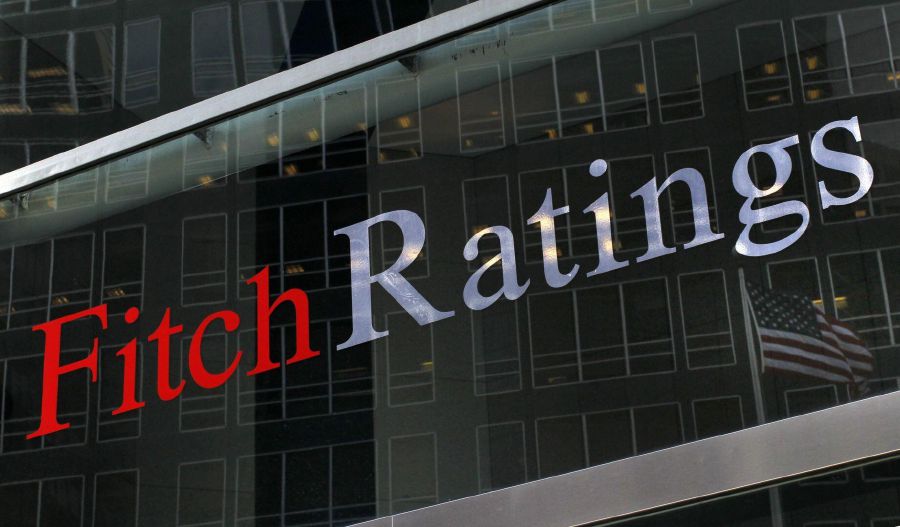KUALA LUMPUR: Malaysia's announcement of another sweeping loan moratorium will further delay the recognition of non-performing loans (NPL) into 2022 and may lengthen the time needed for banks' credit costs and profitability to revert to normal, Fitch Ratings said.
"The new moratorium will delay the peak in NPL ratios to later in 2022 than we previously expected.
"We have thus revised our projection of the banking system's NPL ratio to rise only marginally by end-2021, from 1.6 per cent as of May 2021, and we now expect it to peak at below 2.5 per cent," the credit rating agency said in a recent note.
Loans under relief among the six largest banks accounted for an estimated 12 per cent of aggregate loans at the end of the first quarter (Q1) of 2021, down from a peak of about 57 per cent in mid-2020,
Fitch said the moratorium's temporary suppression of NPL ratios until at least Q1 2022 suggests that loan-loss allowances to impaired loans are becoming less accurate indicators of banks' loss-absorption buffers in the interim.
It said allowances as a percentage of loans have become more relevant, rising to 1.8 per cent for the banking system by May 2021, from 1.2 per cent at the end-2019.
"Assessments of banks' resiliency will also continue to take into account the different collateralisation inherent in the banks' lending models.
"Our assessment of banks' ratings could change if there were unexpected shifts in the way they navigate the prolonged credit overhang.
"Looser credit provisioning policies, higher growth targets or more aggressive capital management that are not reflective of the risks in the operating environment could lead to less favourable assessments of risk appetites and managerial finesse, which could pressure ratings.
"Conversely, consistent demonstration of prudence would reinforce the banks' factor scores and underpin their viability ratings," it said.
Fitch said reported NPLs may stay low in 2021 with problematic retail and micro, small and medium enterprises (MSME) loans not falling due until 2022, but the challenging economic environment remains.
"We believe banks' expected credit loss models will continue to include higher macroeconomic variables and management overlays to account for the elevated uncertainty, which means credit costs will remain high in 2021 and 2022, albeit lower than 2020's levels.
"Reduced visibility into customers' financial health and repayment behaviour may also give rise to heightened caution among banks and lower their appetite for loan growth," it said.






